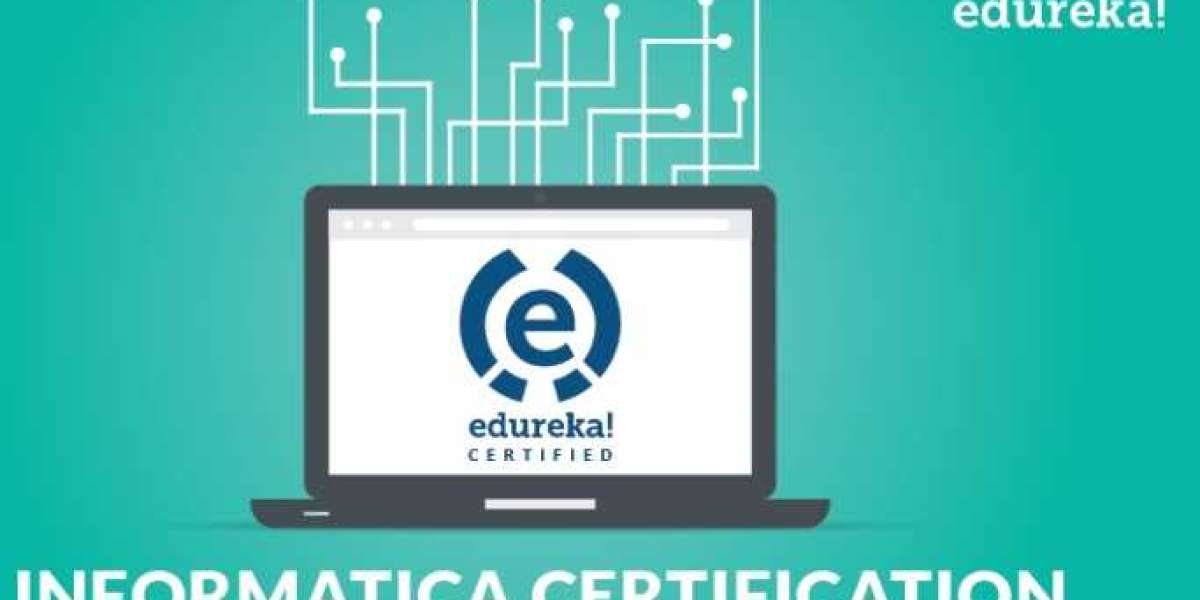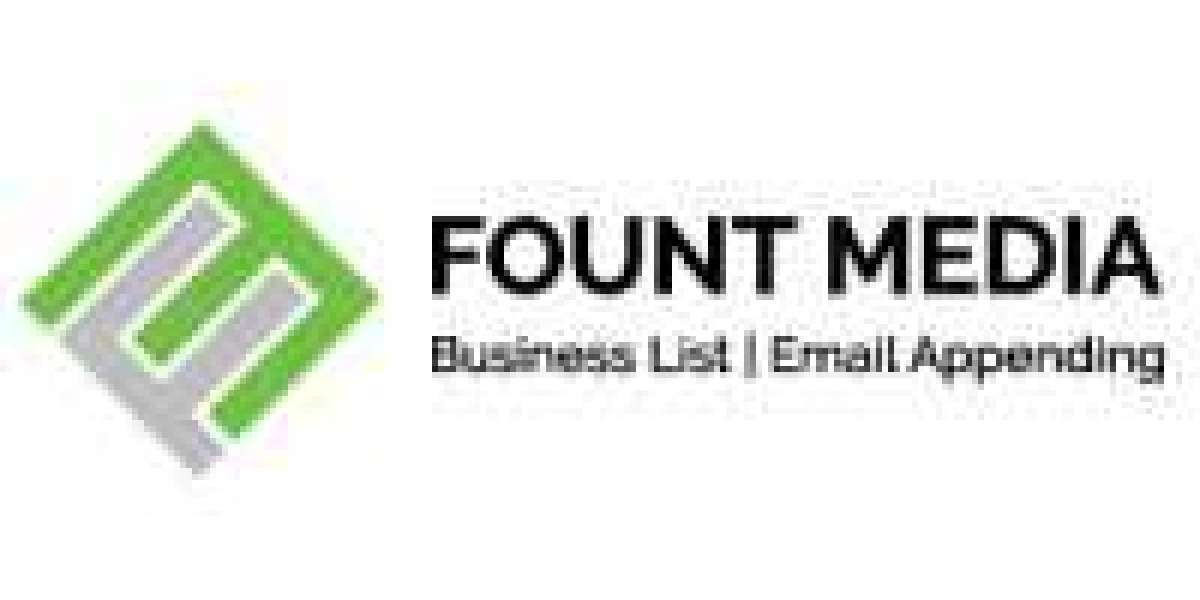Data cleansing in Informatica refers to the process of identifying, correcting, and enriching data within a data integration or ETL (Extract, Transform, Load) pipeline to ensure its accuracy, consistency, and reliability. Informatica is a widely used data integration and ETL tool that provides a comprehensive set of features and transformations for data cleansing.
In data cleansing in Informatica is a critical process for ensuring the reliability and accuracy of data in ETL pipelines and data integration workflows. By using Informatica's extensive set of data transformation and data quality tools, organizations can identify, clean, and enrich their data to make it fit for analysis, reporting, and business decision-making. Data cleansing is an essential step in maintaining high data quality standards and achieving reliable insights from data. Apart from it by obtaining an Informatica Certification, you can advance your career in Informatica. With this course, you can demonstrate your expertise in the basics of Data Integration, ETL, and Data Mining using Informatica PowerCenter with hands-on demonstrations, many more fundamental concepts.
Here's a detailed explanation of what data cleansing entails in Informatica:
1. **Identification of Data Quality Issues**: The first step in data cleansing is to identify data quality issues within the incoming data. This can include detecting missing values, duplicate records, incorrect data types, inconsistent formats, and other anomalies that can negatively impact the data's quality and usability.
2. **Data Profiling**: Informatica offers data profiling capabilities that allow users to analyze and understand the quality of their data. Data profiling helps identify patterns, statistics, and potential data issues, enabling data stewards and analysts to make informed decisions about data cleansing strategies.
3. **Data Standardization**: Data cleansing often involves standardizing data to ensure consistency. For example, Informatica can be used to convert all date formats to a standard format, normalize address data, or ensure consistent capitalization in text fields. Standardization improves data quality and facilitates accurate analysis.
4. **Data Validation**: Informatica provides validation rules and expressions that can be applied to data to ensure that it adheres to defined business rules and constraints. This helps identify and address data that violates business rules, ensuring that only valid data is loaded into target systems.
5. **Handling Missing Data**: Missing or null values can be problematic in data analysis and reporting. Informatica allows users to handle missing data by either replacing them with default values, imputing values based on statistical methods, or flagging records with missing data for further investigation.
6. **Deduplication**: Duplicate records can lead to inaccurate reporting and analytics. Informatica offers transformation functions and techniques to identify and eliminate duplicates from datasets, ensuring that only unique records are retained.
7. **Data Enrichment**: Data cleansing can also involve enriching data by adding additional information from external sources. For example, geocoding addresses to obtain latitude and longitude coordinates or appending demographic information to customer records. This enhances the value and context of the data.
8. **Data Quality Reporting**: Informatica provides reporting capabilities to track and monitor data quality over time. Users can generate reports and dashboards to visualize data quality metrics, trends, and issues, making it easier to identify areas that require ongoing attention.
9. **Data Governance**: Data cleansing is an integral part of data governance practices. Informatica allows organizations to define data quality rules, establish data ownership, and enforce data quality policies, ensuring that data is consistently cleansed and maintained according to established standards.
10. **Audit and Logging**: Informatica logs all data cleansing activities, providing an audit trail for compliance and data lineage purposes. This audit trail helps organizations track changes, troubleshoot issues, and maintain a history of data transformations.








